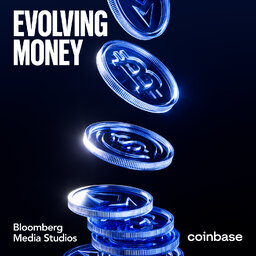Bloomberg Surveillance TV: August 5, 2024
-Claudia Sahm, New Century Advisors Chief Economist & Former Federal Reserve Economist
-Sarah Hunt, Alpine Saxon Woods Chief Market Strategist
-Andrew Hollenhorst, Citi Chief US Economist
-Stephen Stanley, Santander Chief Economist
Former Fed Economist Claudia Sahm of New Century Advisors says 'calm is important' amid rising global concerns over a potential US recession and what to expect with the 'Sahm rule' now in effect. Sarah Hunt of Alpine Saxon Woods discusses where traders are flocking as markets sell off, and her thoughts on the Fed's rate-cutting path. Citi's Andrew Hollenhorst and Santander's Stephen Stanley debate how urgently the Fed needs to move rates lower.
In 1 playlist(s)
Bloomberg Surveillance
Listen for the latest in finance, economics and investment. Jonathan Ferro, Lisa Abramowicz and An…Social links
Follow podcast
Recent clips

Bloomberg Surveillance TV: February 23th, 2026
20:31

Trump Tariff Defeat Throws Trade Deals Into Doubt
33:54

Evolving Money: Blue Chip Meets Blockchain (Sponsored Content)
16:48
 Bloomberg Surveillance
Bloomberg Surveillance